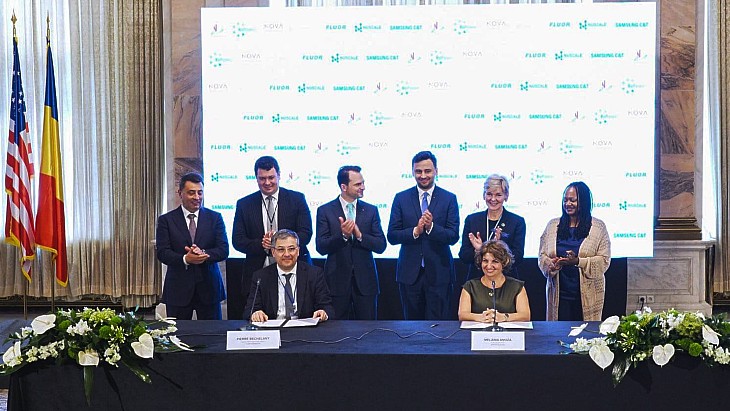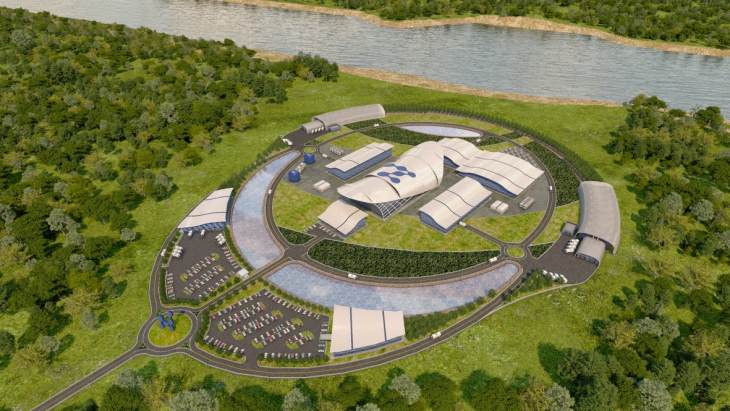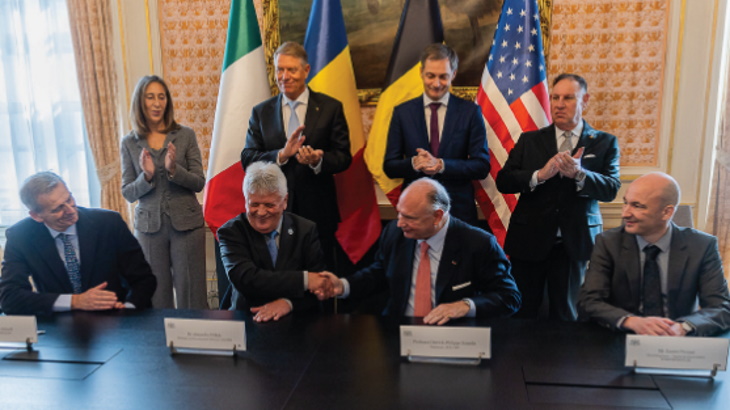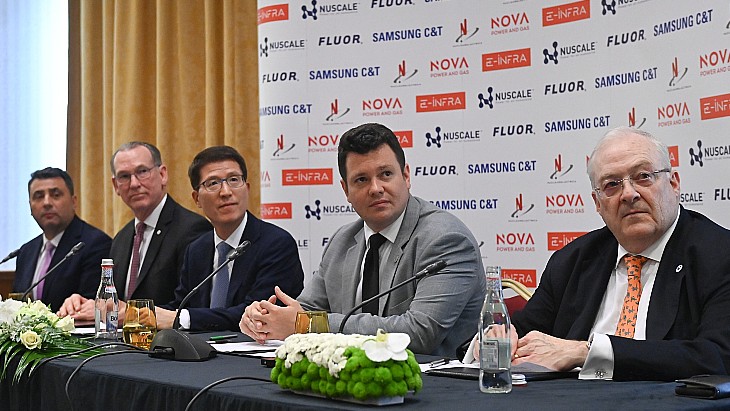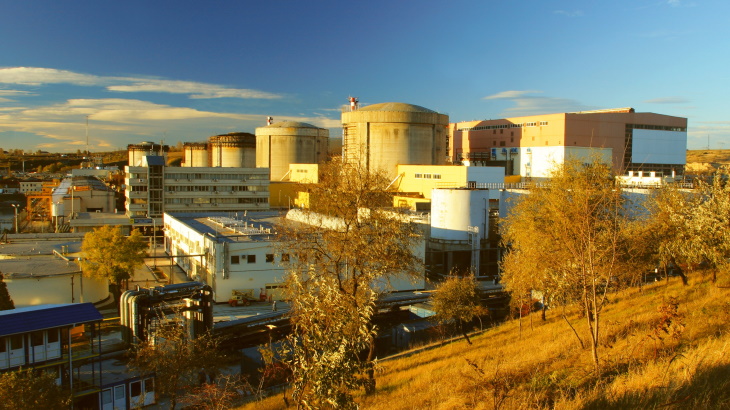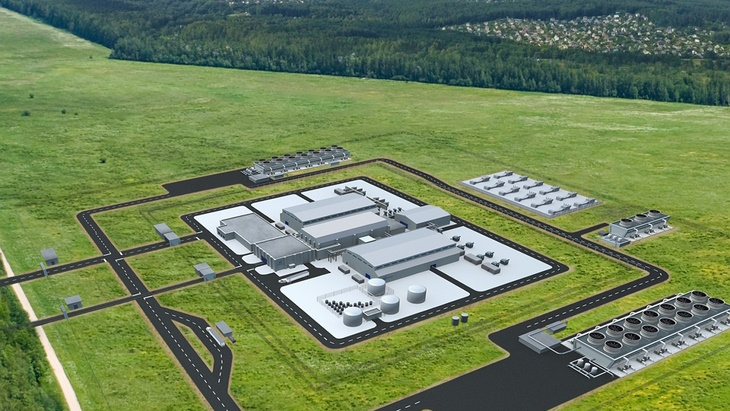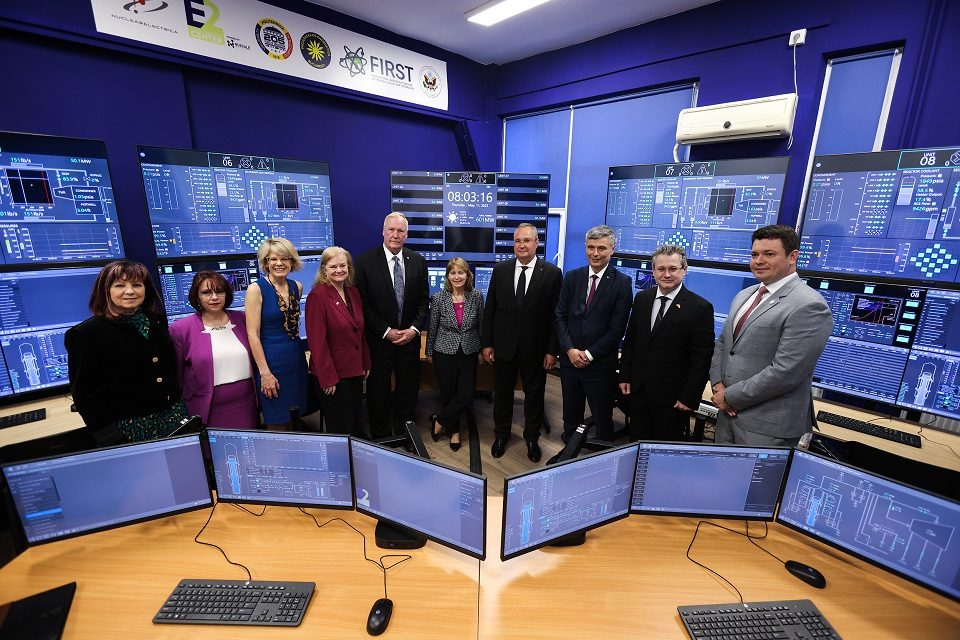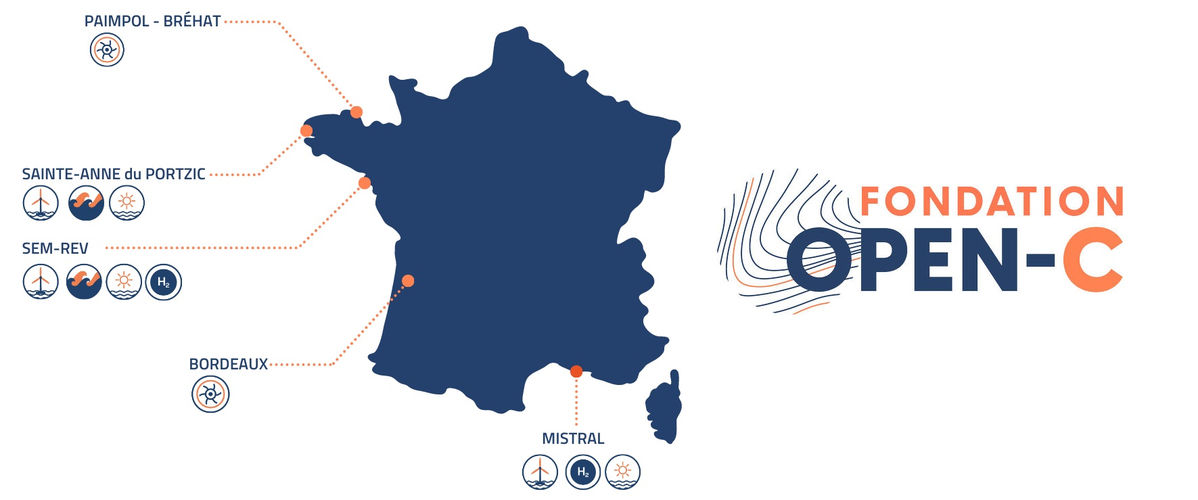
The OPEN-C Foundation represents the culmination of three years of collective work, and will be tasked with coordinating, developing and managing sea trials with a multi-technological dimension for floating wind turbines, tidal turbines, wave power, hydrogen at sea, and floating photovoltaic.
Bringing together a group of five sites at sea dedicated to testing the most innovative prototypes on all of France’s coastlines – including Paimpol–Bréhat, SEM-REV, Bordeaux, Mistral, and Sainte-Anne du Portzic – the OPEN-C Foundation will also benefit from very varied study conditions.
Bertrand Alessandrini, forerunner of the foundation and coordinator of marine infrastructure at Centrale Nantes, said: “Today, the implementation of the energy transition leads to the active search for solutions. Marine renewable energies (MRE) will undoubtedly be part of the answer.
“Today a major acceleration in the development of MREs is underway and sea trials are an absolute condition for technological innovation in this field.”
Welcoming innovative demonstration projects
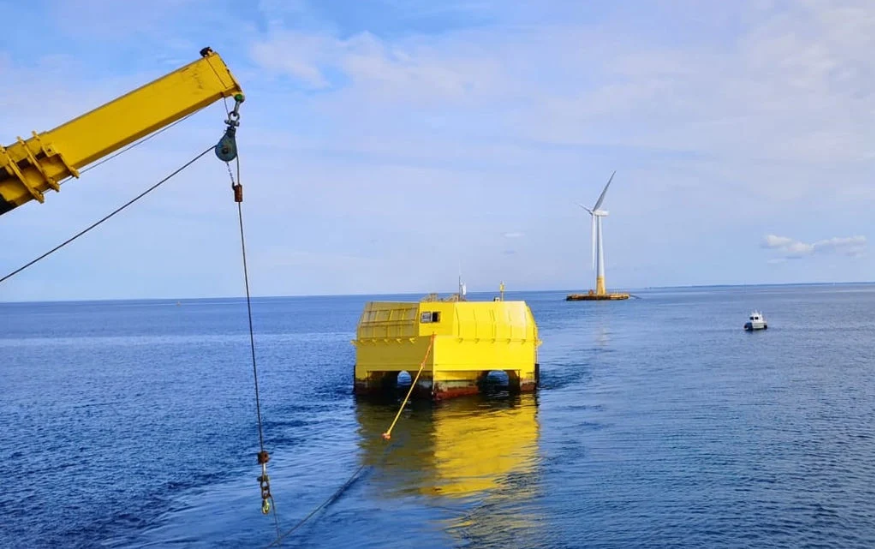
Illustration/Testing of marine energy and offshore wind solutions at SEM-REV test site (Courtesy of Geps Techno)
The OPEN-C Foundation aims to enable several major global innovations to become more reliable over the next three years, including the testing of five separate prototypes of second-generation floating wind turbines, the production of offshore green hydrogen and the testing of floating photovoltaic systems.
For a project leader, the use of a test site such as that of the OPEN-C Foundation makes it possible to accelerate and de-risk experiments with high stakes while benefiting from facilitation levers such as authorizations, connection infrastructures, site characterization data and feedback from research teams.
A future ‘High Power’ test site
In order to meet the needs of the next decade to connect technologies ranging from 10MW to 20MW, the construction of a ‘High Power’ site is necessary, according to the OPEN-C Foundation.
This site will de-risk certain aspects of the connection of future commercial floating wind farms.
“The construction of this site will be a very strong vector of acceleration for the national sector and will contribute to positioning France as a leader in this field,” the founders said.
The site will allow the simultaneous testing of two to three wind turbines of up to 20MW. The wind turbines received would reach a maximum height at the end of the blades of around 350 meters, and must be installed in water depths of at least 100 meters.
Given the strong demand from manufacturers, this site could be commissioned between 2025 and 2027.
For OPEN-C Foundation, the first step for the construction of this ‘High Power’ site will be to carry out studies and measurement campaigns for the location and the specification of this site.
Funding and governance of OPEN-C Foundation
The first Board of Directors of the OPEN-C Foundation, which brings together 10 founding partners and qualified persons, will meet in the coming days to elect the office and its president who will appoint a general manager whose mission will be to animate the foundation on the operational level.
The first 10 years of operation provide for a consolidated budget of €400 million in projects, combining around two-thirds private funding for one-third public funding.
Five Regions historically involved in the development of this new industrial sector have also supported the project: Normandy, Brittany, Pays de la Loire, Occitanie and the South Region. They will be represented by qualified personalities on the Board of Directors.
Alongside the 10 founders and the five regions, there will also be representatives from the world of fishing, associations for the defense of the environment, research and the economic world, a source of discussions that are sometimes engaged but promise of balanced decisions.
